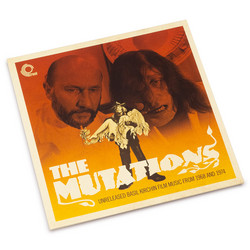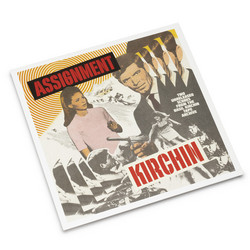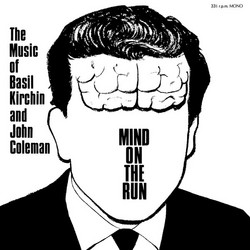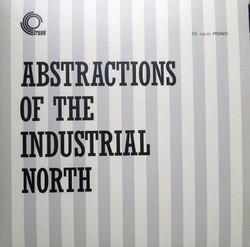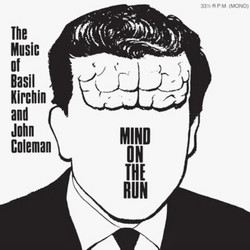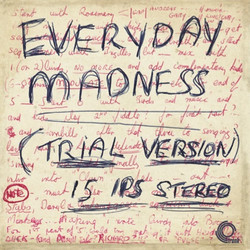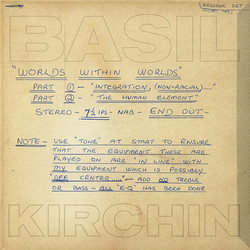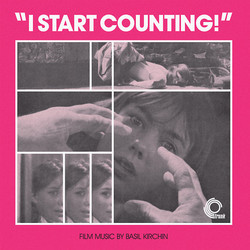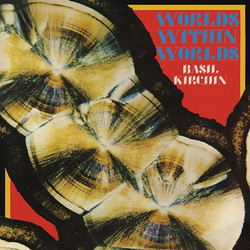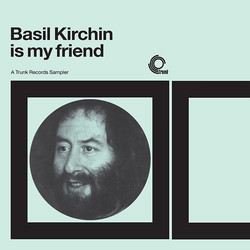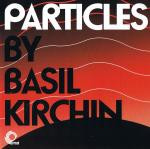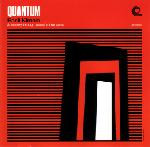Basil Kirchin
In the 1940s and ’50s, Basil Kirchin played jazz, first drumming in his dad’s big band, then recording and ultimately leading it. Then in the late ’50s, he got fed up with his own music, went on a spiritually motivated trip to the South Seas, where he lost all his old recordings in a boat-loading accident. Thus, unencumbered by his own past, he embarked on a second and far more extraordinary musical career. Kirchin composed soundtrack music, mostly for documentaries and horror flicks, and in his spare time developed a wildly creative variant on musique concrete. While the disciples of Pierres Schaeffer and Henry fashioned compositions from the sounds of inanimate objects, Kirchin juxtaposed the voices of animals and the autistic kids that were in his wife’s care with the playing of free improvisers and rock guitarists.
In the 1940s and ’50s, Basil Kirchin played jazz, first drumming in his dad’s big band, then recording and ultimately leading it. Then in the late ’50s, he got fed up with his own music, went on a spiritually motivated trip to the South Seas, where he lost all his old recordings in a boat-loading accident. Thus, unencumbered by his own past, he embarked on a second and far more extraordinary musical career. Kirchin composed soundtrack music, mostly for documentaries and horror flicks, and in his spare time developed a wildly creative variant on musique concrete. While the disciples of Pierres Schaeffer and Henry fashioned compositions from the sounds of inanimate objects, Kirchin juxtaposed the voices of animals and the autistic kids that were in his wife’s care with the playing of free improvisers and rock guitarists.
